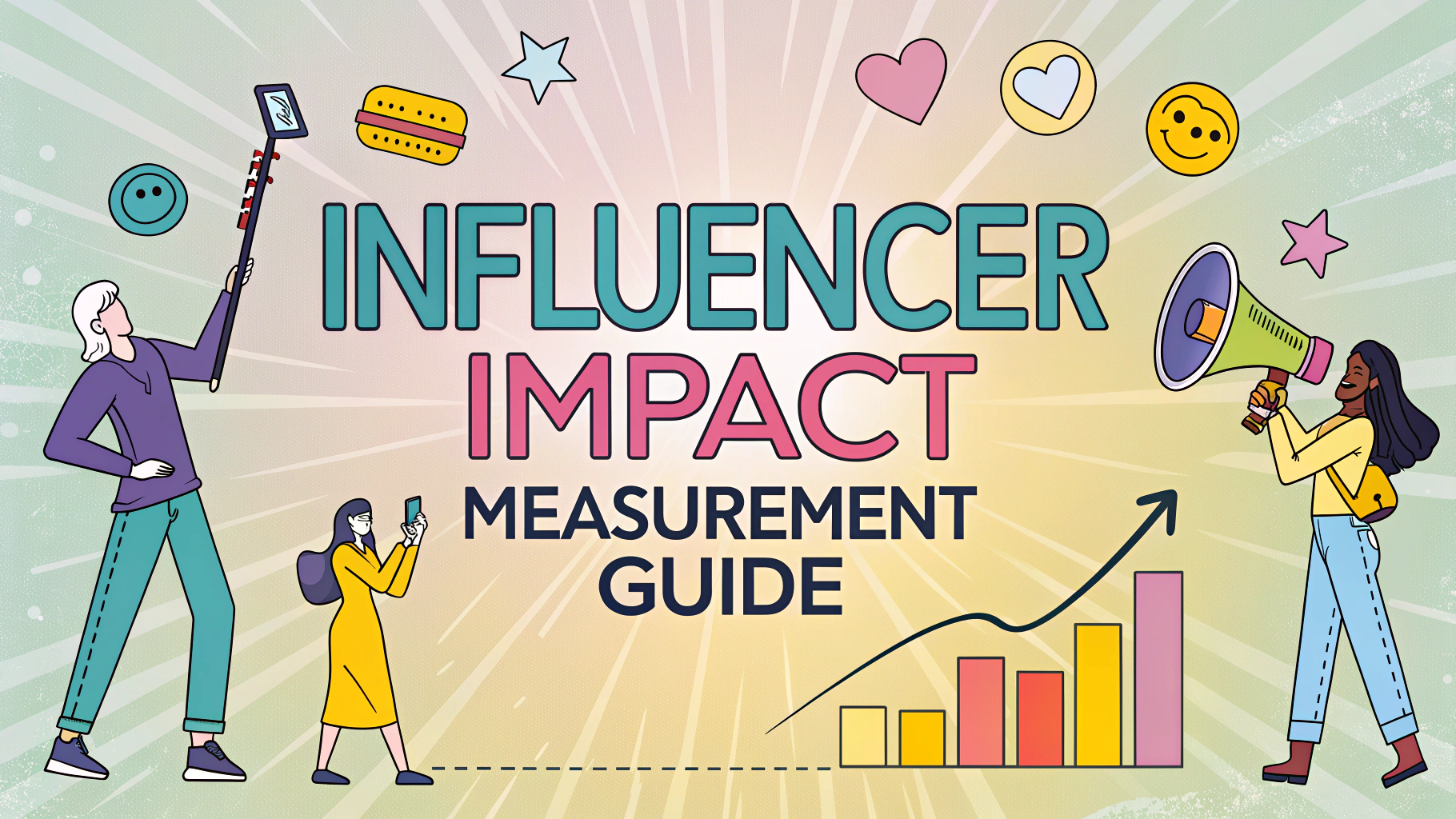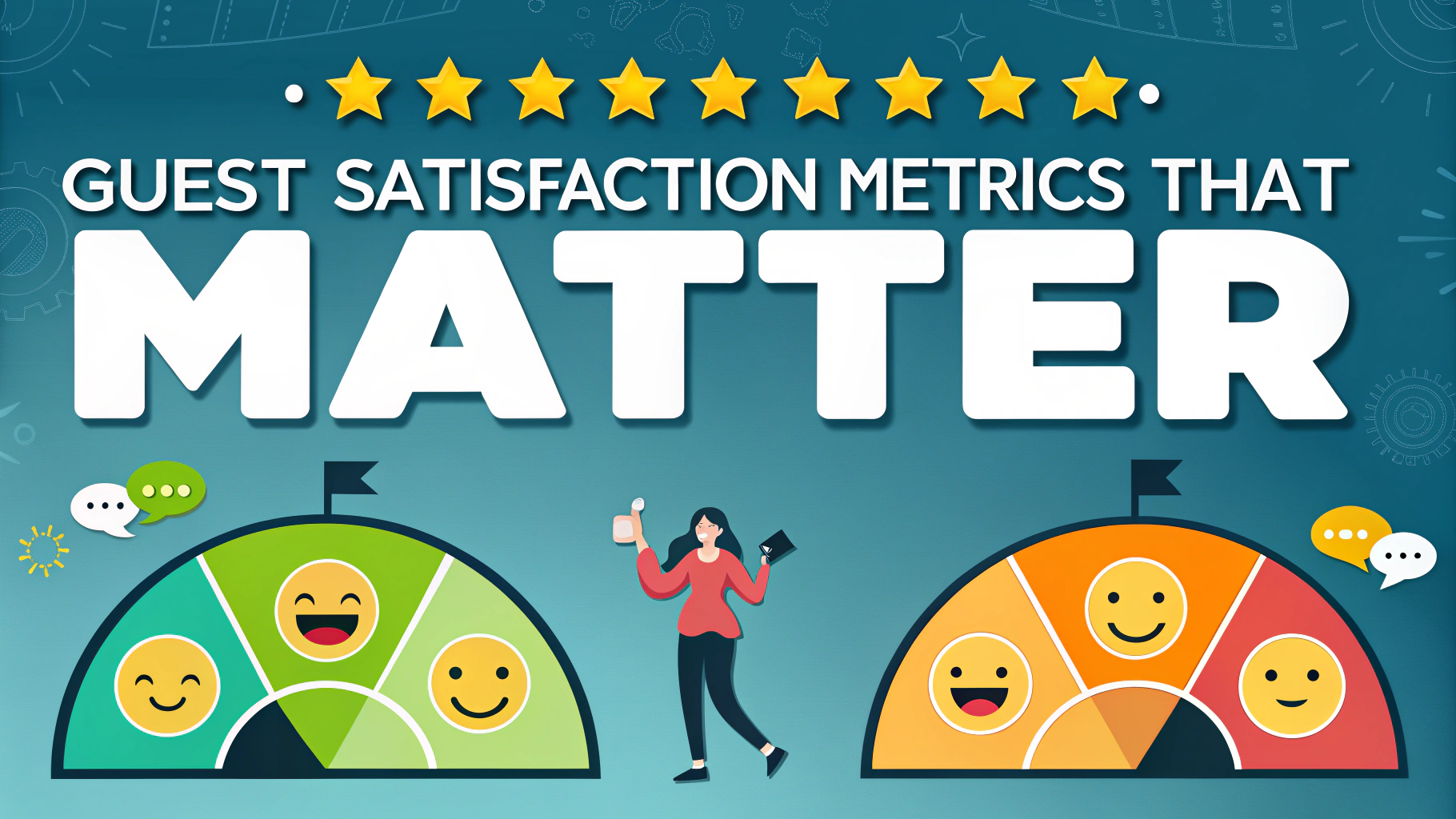Guest feedback shapes the future of hospitality operations, directly impacting revenue and reputation in the hotel industry.
Hotels that actively collect, analyze, and implement changes based on guest feedback see measurable improvements in guest satisfaction scores and booking rates.
This quick guide explores practical ways to gather meaningful guest feedback and transform it into actionable improvements for your hotel.
Key Methods for Collecting Guest Feedback
- Post-stay email surveys
- In-room feedback tablets
- Social media monitoring
- Online review platforms
- Face-to-face interactions
- Comment cards
Creating Effective Guest Surveys
Keep surveys short with 5-10 questions maximum to increase completion rates.
Focus questions on specific aspects of the stay: check-in experience, room cleanliness, staff interaction, and amenities.
Include both rating scales and open-ended questions for comprehensive feedback.
Real-time Feedback Solutions
- Mobile Apps: Allow guests to report issues instantly
- QR Codes: Place in rooms for quick access to feedback forms
- Text Message Systems: Enable direct communication with staff
- Social Media Monitoring: Track mentions and respond promptly
Analyzing Guest Feedback Data
| Feedback Type | Analysis Method | Action Timeline |
|---|---|---|
| Immediate Issues | Real-time review | Within 24 hours |
| Service Complaints | Weekly review | Within 1 week |
| Facility Improvements | Monthly analysis | Quarterly planning |
Implementing Changes Based on Feedback
Create a systematic approach to categorize and prioritize feedback-driven improvements.
- Quick Fixes: Address within 24-48 hours
- Service Adjustments: Implement within one week
- Policy Changes: Review monthly
- Major Renovations: Plan quarterly
Measuring Impact of Changes
Track key performance indicators (KPIs) to measure the effectiveness of implemented changes:
- Guest satisfaction scores
- Review ratings improvement
- Repeat booking rates
- Revenue per available room (RevPAR)
Tools and Software for Feedback Management
- ReviewPro: Comprehensive guest intelligence platform
- Revinate: Guest feedback and marketing automation
- TrustYou: Review aggregation and analysis
- Medallia: Enterprise feedback management
Taking Your Guest Experience Forward
Regular feedback analysis should become part of your hotel’s standard operating procedures.
Consider appointing a dedicated guest experience manager to oversee feedback implementation.
Remember that even small improvements based on guest feedback can lead to significant increases in guest satisfaction and revenue.
Staff Training and Feedback Implementation
Empower your staff to actively participate in the feedback collection and implementation process.
- Regular training sessions on feedback handling
- Clear communication channels for reporting guest concerns
- Recognition programs for staff who excel in guest service
- Documentation of best practices based on successful feedback resolution
Leveraging Technology for Enhanced Guest Experience
Automation and Integration
- AI-powered sentiment analysis
- Automated task assignment systems
- Integration with property management systems
- Predictive analytics for anticipating guest needs
Digital Communication Channels
Implement multi-channel communication strategies to maintain guest engagement:
- WhatsApp Business integration
- Live chat on hotel website
- Mobile concierge services
- Automated follow-up systems
Competitive Analysis and Benchmarking
Compare your feedback metrics against industry standards:
| Metric | Industry Average | Target Goal |
|---|---|---|
| Response Rate | 85% | 95% |
| Resolution Time | 48 hours | 24 hours |
| Guest Satisfaction | 4.2/5 | 4.5/5 |
Building a Guest-Centric Future
Transform guest feedback into a strategic asset that drives continuous improvement and innovation in your hotel operations.
Maintain a proactive approach to guest communication and feedback implementation to stay ahead of evolving guest expectations.
Remember that every piece of feedback represents an opportunity to enhance your service quality and strengthen guest loyalty.
- Regularly update your feedback strategy
- Stay current with industry trends
- Invest in emerging technologies
- Focus on creating memorable guest experiences
FAQs
- How can hotels effectively collect guest feedback?
Hotels can collect guest feedback through post-stay email surveys, in-person interactions, comment cards, social media monitoring, online review platforms, mobile apps, and guest satisfaction kiosks in the lobby. - What are the most important metrics to track in guest feedback?
Key metrics include overall satisfaction scores, Net Promoter Score (NPS), room cleanliness ratings, staff service quality, value for money, facilities condition, and likelihood to recommend or return. - How quickly should hotels respond to negative guest feedback?
Hotels should respond to negative feedback within 24-48 hours to show commitment to guest satisfaction, address concerns promptly, and potentially prevent negative reviews from being posted online. - What role does guest feedback play in hotel marketing?
Guest feedback influences potential customers’ booking decisions, helps in creating targeted marketing campaigns, provides authentic content for promotional materials, and helps improve search engine rankings through review content. - How can hotels use positive guest feedback in their marketing strategy?
Positive feedback can be featured in social media posts, website testimonials, email marketing campaigns, promotional materials, and can be used to highlight specific amenities or services that guests consistently praise. - What are the most effective ways to encourage guests to leave feedback?
Effective methods include offering incentives like loyalty points, sending timely post-stay emails, providing easy-to-use feedback platforms, training staff to ask for reviews, and making the feedback process simple and accessible. - How can hotels implement changes based on guest feedback?
Hotels should analyze feedback patterns, prioritize recurring issues, create action plans, train staff accordingly, allocate resources for improvements, and communicate changes to guests to show their feedback is valued. - What technology tools are available for managing guest feedback?
Available tools include review management platforms, guest experience management software, survey tools, sentiment analysis programs, customer relationship management (CRM) systems, and social media monitoring tools. - How can hotels measure the ROI of guest feedback initiatives?
ROI can be measured through tracking changes in booking rates, repeat guest percentages, average daily rate (ADR), revenue per available room (RevPAR), and improvements in online review scores and rankings. - What legal considerations should hotels keep in mind when using guest feedback?
Hotels must obtain proper permissions for using guest testimonials, comply with privacy laws regarding personal information, ensure truth in advertising when using reviews, and follow platform-specific guidelines for review management.







